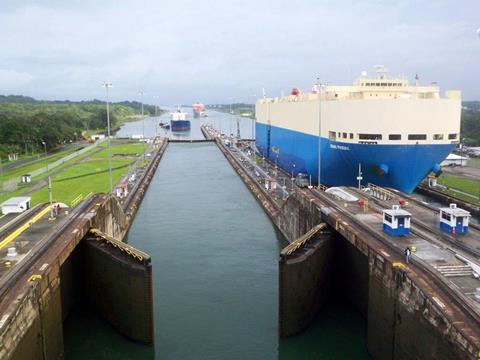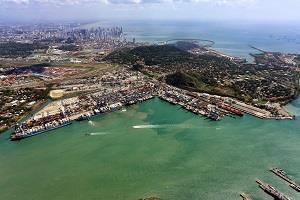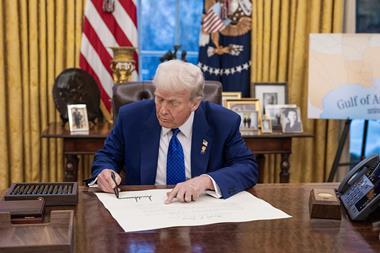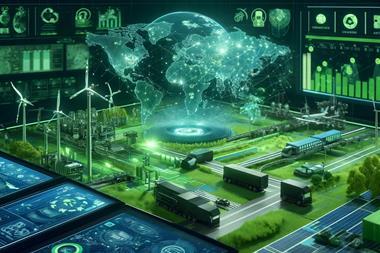Tensions between the US and Panama over the use of its major logistics waterway have continued to boil, with the US secretary of state making accusations that the Panama Canal is controlled by the Chinese Communist Party.

The latest accusation by the US that the Chinese Communist Party operates the Panama Canal and Donald Trump’s threats to “take back control” of the canal, if acted on, could spell disruption for automotive supply chains across the globe.
The US Department of State issued a release about a meeting with Panama’s president José Raúl Mulino and the US secretary of state Marco Rubio. According to release, Rubio told the Panamanian president that Trump believes “the current position of influence and control of the Chinese Communist Party over the Panama Canal area is a threat to the canal” and that it represents a violation of the Panama Canal Treaty.
As Automotive Logistics previously reported, it is not accurate that China operates the canal, although Chinese-owned companies are involved in port operations.
Panama has owned and operated the canal through the Panama Canal Authority since 1999 when the US handed over control as part of the Panama Canal Treaty, as we discussed in a previous report on its ownership.
Rubio said that if immediate changes were not made to the “status quo” of the operation of the canal, the US would “take measures necessary to protect its rights under the treaty”.
US rights under the Panama Canal Treaty
Under the treaty, the US has certain rights to the use of the canal, including:
- The right of passage, with US and Panamanian vessels (either commercial or military) given priority in canal transit
- The right to ensure the canal remains open and operational if neutrality is threatened
- Preferential access at wartime.
However, the US also has limitations under the agreement, including:
- No permanent US presence with no control over the canal or its administration
- No threats to Panama’s full sovereignty
- A guarantee to global access in peacetime.
Trump’s administration is pushing ahead with its claims of Chinese ownership of the canal, and previously urged Panama’s government to cut ties with Chinese businesses and cut alleged ties with China. Now, Panama has decided not to renew its involvement in the China Belt and Road Initiative (BRI), more commonly referred to as the New Silk Road. The project, formed in 2013, aims to create land and maritime networks across Central Asia, Russia, Europe and the Middle East. The BRI had previously been a key aspect of Panama’s infrastructure development strategy.
The news follows a claim by the US that the Panama Canal Authority (ACP) agreed to relinquish fees on US military vessels passing through the canal. The ACP, and Panama’s president Mulino, denied this was agreed to.
“In response to a publication released by the United States Department of State, the Panama Canal Authority, authorised to set tolls and other charges for transiting the canal, communicates that it has made no adjustments to these fees,” the ACP said in a statement. “With absolute responsibility, the Panama Canal Authority, as previously stated, is willing to engage in dialogue with the relevant officials of the United States regarding the transit of military ships from that country.”
We will update this story as details develop…
US election: A timeline of impacts on automotive logistics
- 1
- 2
- 3
- 4
- 5
- 6
- 7
 Currently reading
Currently readingUS-Panama Canal tensions escalate as US threatens action, raising fears of disruption for automotive logistics
- 8
- 9
- 10
- 11
- 12
- 13
- 14
- 15
- 16
- 17
- 18
- 19
- 20
- 21


























![Global[1]](https://d3n5uof8vony13.cloudfront.net/Pictures/web/a/d/s/global1_726550.svgz)































No comments yet